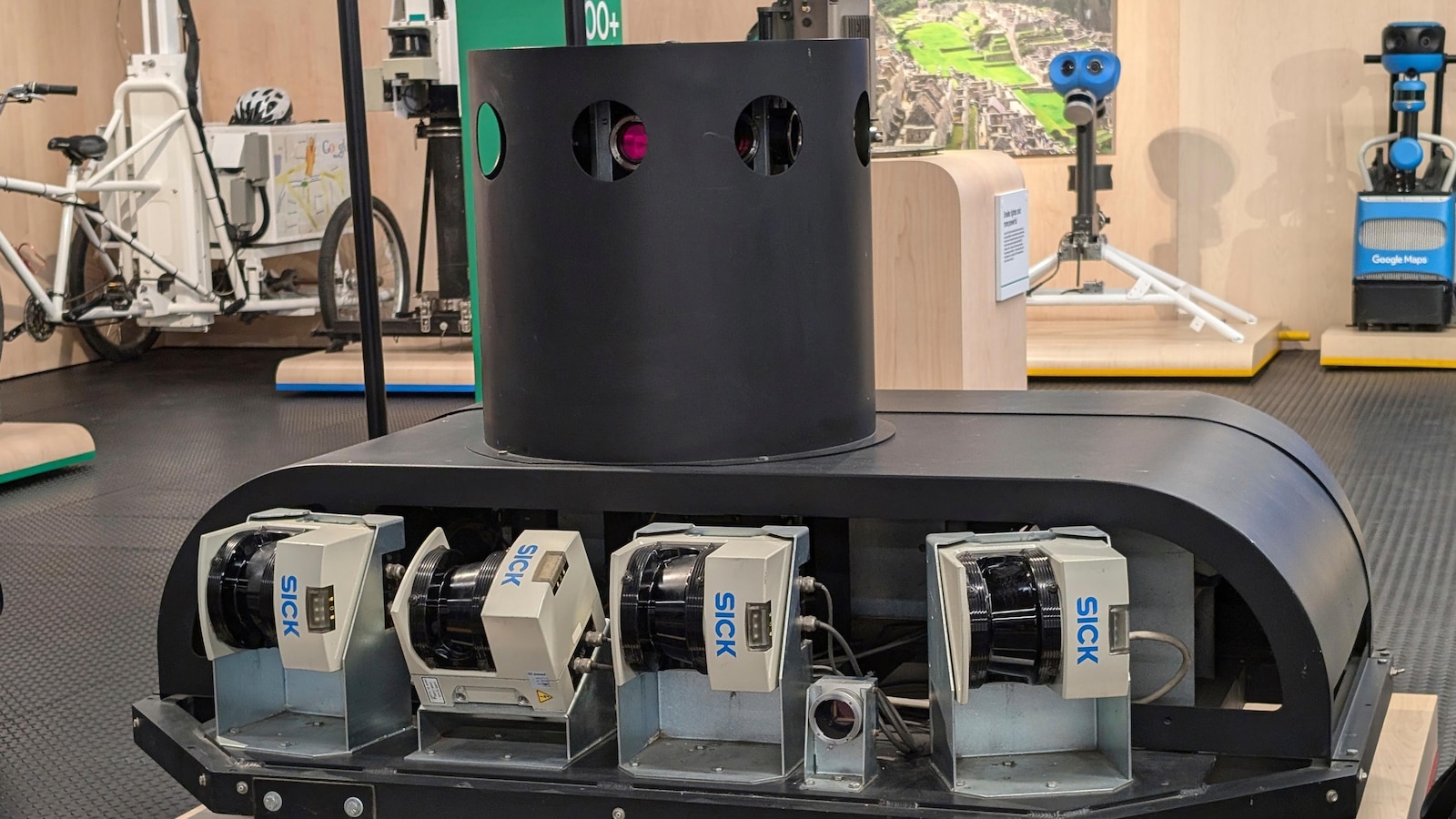With the rollout of Google’s Gemini AI technology, Maps is being redefined as more than just a navigation tool; it is becoming an entertainment guide as well. Starting this week in the United States, users will be able to interact with Google Maps to request suggestions for specific locations within neighborhoods or cities, receiving lists of nearby restaurants, bars, and attractions, complete with reviews compiled over the years.
Miriam Daniel, General Manager of Google Maps, shared insights during a preview of these features in Palo Alto, stating, “We are entering a new era of maps. We are changing the way you navigate and explore the world.” The enhancements also include detailed information about parking options near designated destinations and walking directions to guide users once they leave their cars.
In response to user feedback, Google Maps is working on providing more detailed imagery, making it easier for users to understand which lane to be in before making turns. This improvement aims to enhance user confidence when navigating complex roadways.
Another exciting development involves Google Maps allowing external developers to tap into its underlying language model through the Gemini technology. This feature will enable users to ask questions about specific destinations, such as apartments or restaurants, and receive instant answers, all within seconds. Initially, this functionality will undergo a testing phase, accompanied by a verification process that Google refers to as “grounding.”
Additionally, Google’s Waze app, which focuses on real-time driving directions, will utilize AI to provide its nearly 180 million monthly users with a conversational way to report road hazards and other issues affecting travel times.
Integrating AI into a service relied upon by millions for point-to-point navigation demonstrates Google’s growing confidence in the capabilities of its Gemini technology to provide users with accurate and reliable information. Despite previous instances in May where the AI provided misleading advice, such as recommending glue for pizza or inaccurately attributing a degree to former President James Madison, the company is determined to enhance the accuracy of its AI systems.
As Google continues to innovate, the potential for AI to reshape navigation and exploration is becoming a reality, making it an exciting time for users of Google Maps and the broader tech community.


